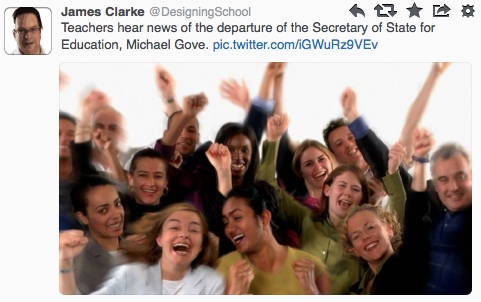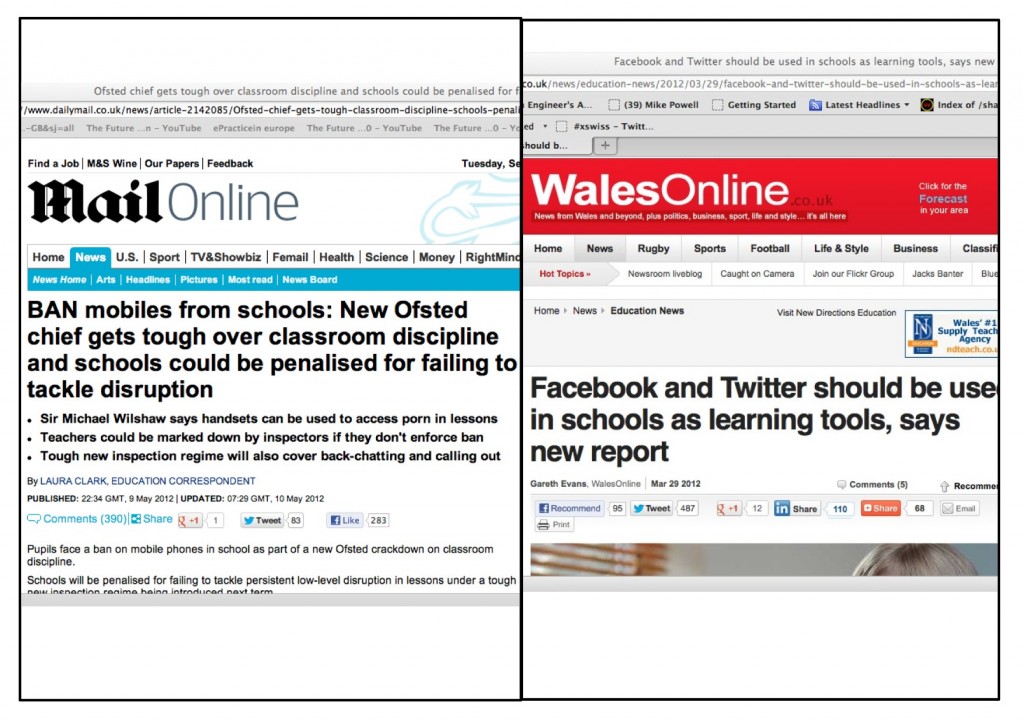Once more the Finnish sustainability commitments – What makes them real?
In my three previous posts I have discussed the Finnish Sustainability Commitments and their relevance for our EU-funded project Learning Layers (LL). In the first blog I described the model, in the second one I shifted the emphasis to the sustainability of apprentice training and in the third one I discussed the transferability of the commitment model to the Learning Layers project.
In the meantime I have had some talks with my colleagues on this model and its applicability. Some of the comments have been inspired: There seems to be something attractive in the approach. Some of the comments have been characterised by scepticism: Isn’t this yet another one of those campaigns that end up as lip service without major impact? Below I try to give some further insights into the model itself and into mechanisms that can make it work as a real thing.
1. What is so special about these Sustainability Commitments?
The inspiring aspect of these Sustainability Commitments is that they are part of a nation-wide strategy for Sustainable Development – targeted to the year 2050 – but they are operative commitments agreed in particular organisations. They refer to a four-page reference document that outlines seven sustainability goals. And then it is up to each organisation to agree which of these goals it will select for its own operative commitments. Once this discussion is through the organisation has to agree on the time frame of the commitment and on the indicators for assessing the success. When these decisions have been made the organisation can register its commitment on the special website http://sitoumus2050.fi (Commitment 2050). And when the commitment has been registered and published, the organisation has the responsibility to report on the progress.
Altogether, this model is that of a Societal Commitment Process – it transforms the implementation of the national strategy into a movement that consists of into sets of goal-oriented local and domain-specific commitment processes. When an insider-expert tells how this model came into being, it is easy to sense the inspiration and creative energy. Yet, it is worthwhile to ask, what mechanisms and measures can prevent it from falling into ritualism and lip service.
2. What makes these commitments become real measures with impact?
It is worthwhile to consider, what kinds of background factors, mechanisms, efforts, initiatives etc. have been provided to make these commitment processes work towards the desired change. I will try to list some of these below:
a) High level policy support: The national commission for sustainable development has been chaired by the prime minister and the commitment processes have been taken up by ministries, central government bodies, employers’ confederations, trade unions, political parties, big enterprises etc. Key players in national politics want to be involved in such processes.
b) Facilitation and assistance by expert organisations: In the field of vocational education and training (VET) – as well as in general and adult education – a special expert organisation (the OKKA foundation) has developed Sustainability certificates for educational establishments. In a similar way universities (among others the Aalto University) have made commitments to support their partner organisations in joining the commitment processes and in reaching their objectives.
c) Expanding the range of commitments after first pilots: Several regional consortia for VET (the inter-municipal ‘holding’ organisations of VET institutes) have started their commitment processes with one institute and educational domain candidating for a Sustainability certificate of the OKKA foundation. After a successful pilot they have continued with further commitments involving other institutes and educational domains.
d) Cooperative chains and business networks as promoters of commitments: The leading cooperative chain – the S-group with its shops, department stores, supermarkets and hotels – has committed itself nation-wide to link sustainable development into its processes of inducting new employees. In a similar way a nation-wide network of social responsibility managers has made its own commitments for its member enterprises.
e) NGOs as promoters of commitments: In the dissemination activities the Ministry of Environment and the participating organisations are supported by creative NGOs. In particular the NGO “Yllätetään yhteiskunta” (Let’s surprise the society) has specialised in organising dissemination events – such as sustainability jams – that give visibility to particular initiatives.
f) The role of social media: So far the Commitment process has been supported by a static website. Yet, the according to the newest plans (that were reported in the Finnish radio podcast, http://areena.yle.fi/radio/2630343) the website is being transformed into a social networking website and the commitment processes are being transformed into community processes. The launch of the new platform is scheduled for the 3rd of June 2015.
…
I think these points were already enough to give an impression, what all is making the commitment process work. And I will try to find out more in due time.
More blogs to come …



